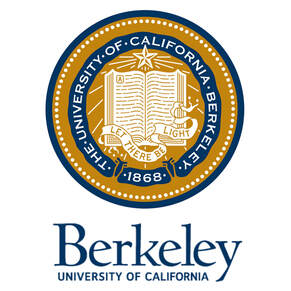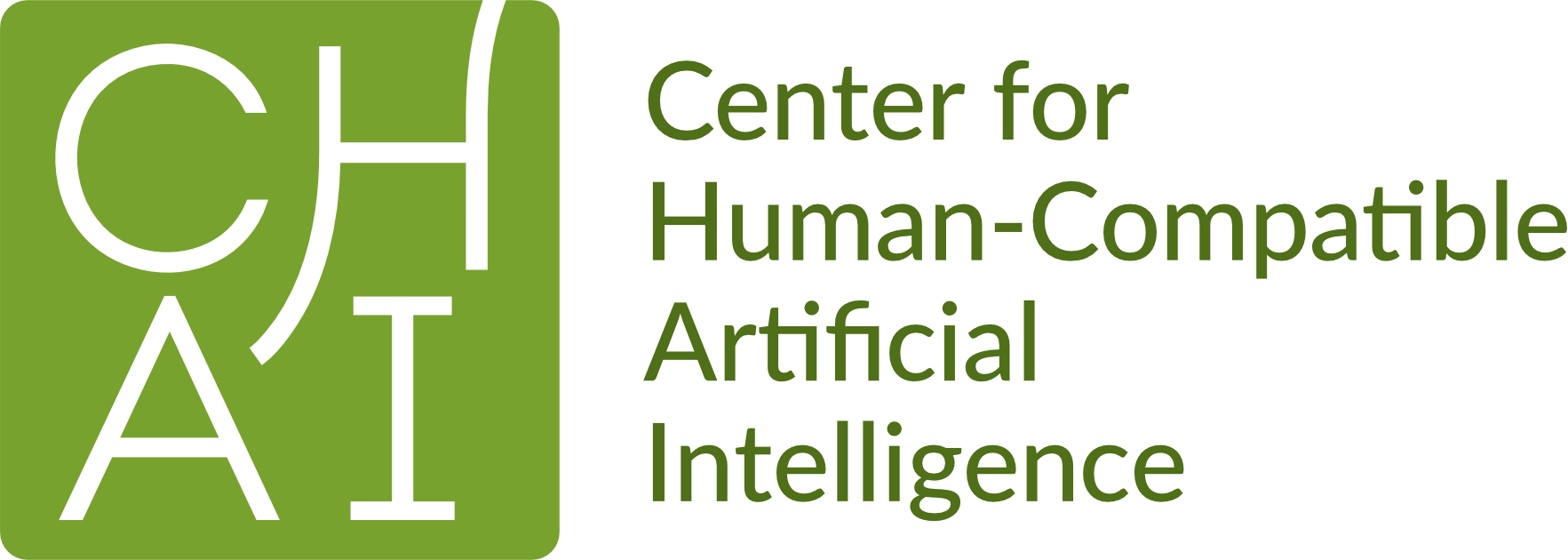Six New PhD Students Join CHAI
01 Sep 2020

Six new PhD students advised by CHAI Principal Investigators. We are thrilled to have these new PhD students join us!
The incoming students are Yuxi Liu, Micah Carroll, Cassidy Laidlaw, Alex Gunning, Alyssa Dayan, and Jessy Lin.
Yuxi Liu is a first year PhD student with interests in mathematics, theoretical physics, philosophy, biology, and AI. Before coming to Berkeley, he graduated from Australian National University with degrees in mathematics and theoretical physics.
Micah Carroll recently graduated in Statistics from UC Berkeley, and is now pursuing a PhD at UC Berkeley advised by Anca Dragan. His main interest is that of reducing the negative societal effects caused by widespread usage of AI systems. In his work, he has been focusing on improving human-AI cooperation, and is now thinking about recommender system alignment
Cassidy Laidlaw is a first-year PhD student interested in human-AI cooperation, learning human preferences, and robustness in machine learning. He received his BS in computer science and mathematics from the University of Maryland in 2018. He is a recipient of a National Defense Science and Engineering Graduate (NDSEG) Fellowship
Alex Gunning is from Australia and has Bachelor’s and Master’s degrees with 1st-class honours in Mathematics from the University of Cambridge. He was a four-time member of Australia’s International Mathematical Olympiad team, winning one Bronze medal and three Gold medals and coming first overall in the 2014 competition.
Alyssa Li Dayan is a first year Computer Science PhD student at UC Berkeley. During undergrad she did research in systems neuroscience and computational cognitive science, before spending a couple years in industry working on machine learning for autonomous vehicles.
Jessy Lin graduated from MIT in 2019 double-majoring in computer science and philosophy. Previously, she worked on human-inspired AI with Professor Joshua Tenenbaum. At Berkeley, she’s interested in building machines that can collaborate and work alongside humans effectively
